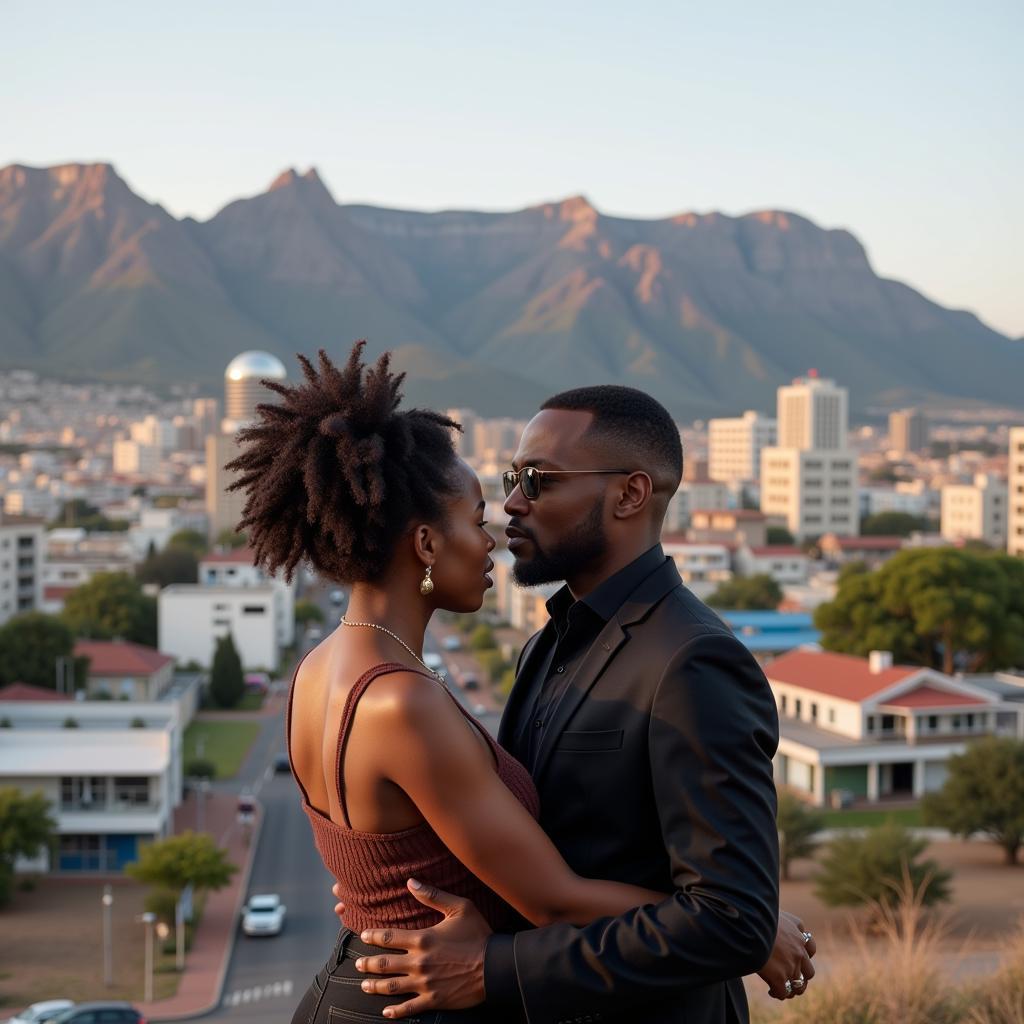Exploring the Powerful World of African American Poetry
African American poetry, a vibrant and essential thread in the tapestry of American literature, reflects the unique experiences, struggles, and triumphs of Black Americans throughout history. From the poignant verses of Phillis Wheatley to the revolutionary words of Langston Hughes and the contemporary voices echoing today, this rich literary tradition offers a powerful lens through which to understand the complexities of race, identity, and the human condition.
For centuries, poetry has served as a vehicle for expression, resistance, and celebration within the African American community. It has provided a platform for unheard voices to be amplified, sharing stories of resilience, joy, and the ongoing fight for equality. Exploring this diverse body of work is essential for anyone seeking to understand the American experience in its entirety. You can find a great starting point with an African American poetry syllabus.
The Historical Significance of African American Poetry
African American poetry’s roots can be traced back to the era of slavery, where spirituals and coded songs served as forms of communication and resistance. These early expressions laid the groundwork for a literary tradition that would evolve to encompass a vast range of styles, themes, and perspectives. From the Harlem Renaissance to the Black Arts Movement and beyond, poetry has been a constant companion, documenting the journey and evolution of Black identity in America.
Early Voices and the Struggle for Freedom
The earliest published African American poets, like Phillis Wheatley, navigated a complex landscape, grappling with themes of faith, freedom, and the inherent contradictions of their existence within a society that denied their humanity. Their work often challenged the prevailing narratives of the time, subtly subverting expectations and asserting their intellectual prowess. This period established a foundation for future generations of poets who would continue to use their art to challenge injustice and advocate for social change.
The Harlem Renaissance: A Flourishing of Artistic Expression
The Harlem Renaissance of the 1920s witnessed an explosion of creativity in literature, music, and art, with African American poetry taking center stage. Figures like Langston Hughes, Claude McKay, and Zora Neale Hurston captured the vibrancy and dynamism of Black life in a way that had never been seen before. Their work celebrated Black culture, explored themes of identity and belonging, and gave voice to the aspirations and frustrations of a generation striving for equality and recognition. If you are interested in exploring this era further, you might find an African American poetry essay helpful.
The Power of the Black Voice: Langston Hughes and Beyond
Langston Hughes, with his accessible language and focus on everyday experiences, became a defining voice of the Harlem Renaissance. His work resonated deeply with a broad audience, helping to bridge the gap between the Black community and the wider literary world. He, along with other prominent figures of the era, helped to solidify African American poetry’s place within the canon of American literature.
Contemporary African American Poetry: A Continuing Legacy
The legacy of African American poetry continues to thrive in the 21st century, with contemporary poets exploring a wide range of themes and styles. From the spoken word performances of poets like Saul Williams to the lyrical narratives of Natasha Trethewey, the tradition remains as vital and relevant as ever. These poets grapple with issues of race, identity, gender, and social justice, offering fresh perspectives and challenging conventional notions of what poetry can be. You can further explore this rich literary tradition by delving into African American literature PDF resources.
New Voices, New Perspectives
Contemporary African American poets are pushing the boundaries of the form, experimenting with language, structure, and multimedia to create powerful and innovative works. They are engaging with the complexities of the modern world, offering insightful commentary on the ongoing struggle for equality and social justice. Exploring African American romantic poets can provide a deeper understanding of this evolving landscape.
Conclusion
African American poetry, from its earliest expressions to its contemporary forms, offers a profound and moving exploration of the Black experience in America. It is a testament to the power of language, the resilience of the human spirit, and the enduring legacy of a people who have used their voices to challenge injustice, celebrate their heritage, and inspire change. Exploring this rich literary tradition is essential for anyone seeking a deeper understanding of American history and culture. For those interested in exploring the contributions of women to this field, we recommend researching African American female playwrights.
FAQ
-
Who are some key figures in African American poetry?
- Phillis Wheatley, Langston Hughes, Claude McKay, Zora Neale Hurston, Gwendolyn Brooks, Rita Dove.
-
What is the significance of the Harlem Renaissance for African American poetry?
- It marked a period of flourishing artistic expression, giving rise to prominent voices and establishing a distinct identity within American literature.
-
What themes are commonly explored in African American poetry?
- Race, identity, social justice, freedom, resilience, the Black experience.
-
How has African American poetry evolved over time?
- From spirituals and coded songs to diverse forms and styles, reflecting changing social and political landscapes.
-
Why is it important to study African American poetry?
- It offers invaluable insights into the complexities of American history, culture, and the ongoing struggle for equality.
-
Where can I find resources to learn more about African American poetry?
- Libraries, online databases, academic journals, literary anthologies.
-
How does contemporary African American poetry differ from earlier works?
- Contemporary poets often experiment with new forms and media, engaging with modern issues and perspectives.
Need More Help?
For any further assistance or inquiries regarding African American literature and related topics, please don’t hesitate to contact us.
Call: +255768904061
Email: kaka.mag@gmail.com
Visit: Mbarali DC Mawindi, Kangaga, Tanzania.
We have a 24/7 customer support team ready to assist you.
